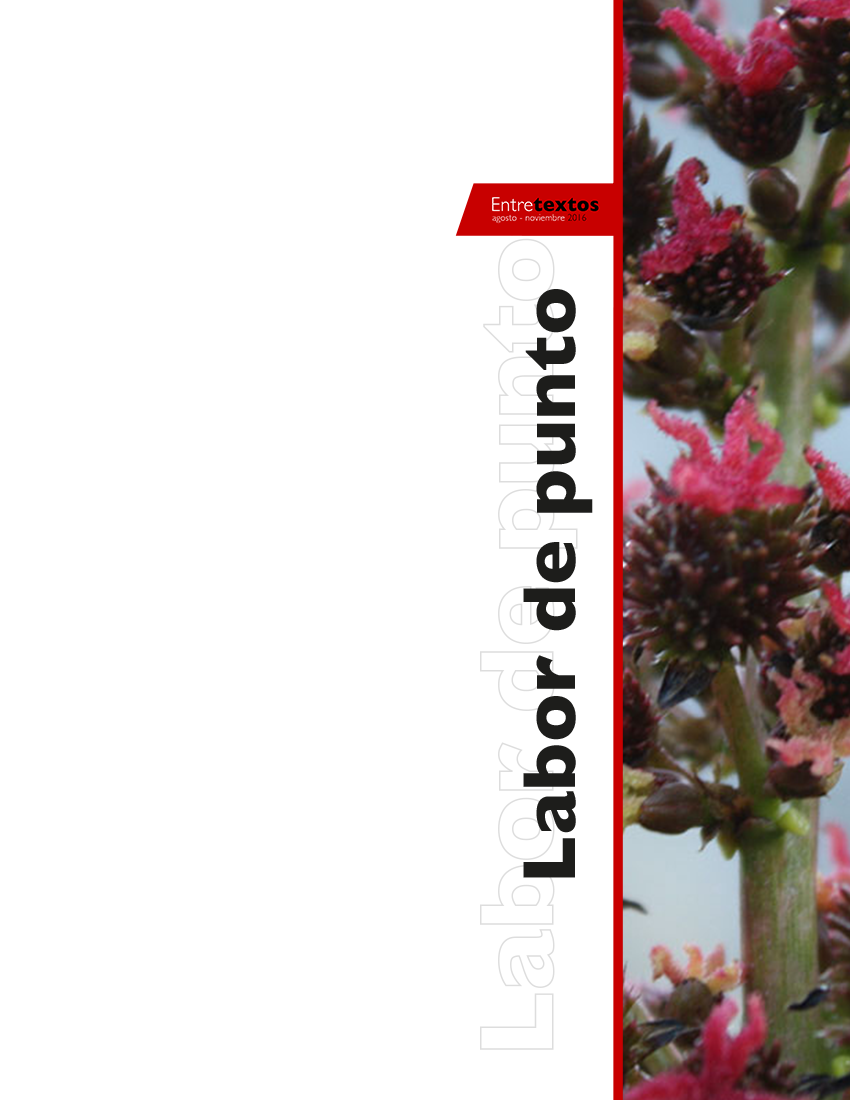Against unemployment
Research+technology+innovation
DOI:
https://doi.org/10.59057/iberoleon.20075316.201623368Keywords:
ideas, value, economy, employment, innovationAbstract
We understand innovation create, manage and share knowledge that allows the development of ideas leading to new products / services, processes, positions or new paradigms that have value for people and reversing some results who proposes or offers. Innovation is the result of the interaction of three elements: Ideas, value and results. The basis of innovation is knowledge and there is a double goal: the value and results. But this binomial (value / result) only serves the development if it helps to increase the welfare and quality of life of people. Its goal is therefore to provide a capital gain, not merely economic. Derived from the development strategy of the state of Guanajuato, where the importance of entering a knowledge-based economy as a trigger higher value of economic activity and therefore greater welfare for Guanajuato citizens is emphasized, the State System is created Technological Innovation Park and has been called Novaera. In this system state parks are grouped and developed processes and integrated support to promote engagement and collaboration between companies, entrepreneurs, researchers, teachers, government and parks as well as parks including what It can generate complementarities and to achieve an impact on larger projects and a more efficient use of resources and capabilities with which it counts. Novaera drives technology-based entrepreneurship, seeks to mitigate the inequalities and problems arising from lack of employment. Large amounts of money or investment are not required, but is based on the talent and knowledge of Guanajuato.
Downloads

Downloads
Published
How to Cite
Issue
Section
License
Copyright (c) 2016 Entretextos

This work is licensed under a Creative Commons Attribution-NonCommercial 4.0 International License.




